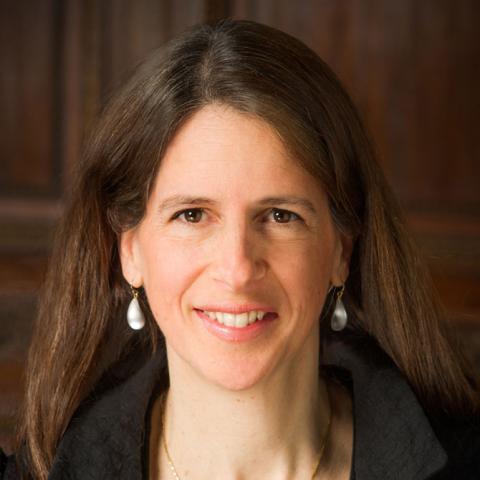In late December, the North Carolina Department of Health and Human Services (NC DHHS) released a standardized fee schedule for health-related social services — including, for example, housing support and healthy food boxes — reimbursed by Medicaid under the state’s Healthy Opportunities Pilots. Part of the state’s far-reaching efforts to “buy health, not just health care,” the fee schedule sets pricing for services authorized under an 1115 waiver that allows Medicaid funds, as part of value-based payment arrangements, to pay for services in four domains: housing, interpersonal violence/toxic stress, food, and transportation.
The fee schedule defines 29 interventions, which were selected based on their potential to improve health outcomes and/or lower health care costs and priced based on independent actuarial analysis, experience with existing Medicaid waiver services, and substantial stakeholder and expert input. For each intervention, the fee schedule outlines the unit of service, payment amount, anticipated frequency and duration of the service, setting, and the criteria a member would need to meet in order to receive it.
Over time, as more data on cost and health outcomes become available, North Carolina will base payments for health-related social services on the value they provide. To expedite this, the schedule avoids purely cost-based, fee-for-service payments where possible. Instead, several services are reimbursed on a per-member per-month basis. As the waiver continues, leaders at NC DHHS will review and evaluate the program, adapting the fee schedule and piloting operations based on its findings.
The fee schedule is a key component of the North Carolina’s Healthy Opportunities Pilots, which will test the impact of these services over five years on eligible Medicaid members’ health outcomes and costs. If the pilots prove effective, the state will seek to integrate social services into Medicaid managed care on a statewide basis. The Centers for Medicare and Medicaid Services has authorized NC DHHS to spend up to $650 million in Medicaid funding on the pilots, predominantly to pay for the services, but also to support capacity-building. As part of implementation, Medicaid managed care plans will collaborate with frontline care managers to identify people who meet eligibility criteria. The state is in the process of contracting with local organizations that will establish and oversee a network of human service organizations to provide services. Health plans will authorize the services and pay the organizations based on the fee schedule as part of their care management responsibilities. Although managed care implementation in North Carolina was recently suspended due to state budget issues, the state continues to prepare for the launch.
While the fee schedule was designed for North Carolina, it is likely to be of interest well beyond the state. Despite increasing consensus that social, economic, and environmental factors have a substantial impact on health outcomes and costs, scalable efforts to address these social determinants of health have been hamstrung, partly by a lack of standardization in the definition and cost of services. The fee schedule offers an opportunity to help bridge this gap, paving the way to systematically evaluate the effectiveness and cost of such interventions. It also offers community-based organizations insight into potential revenue from providing the services, strengthening their ability to establish long-term partnerships with health care payers and providers.
NC DHHS solicited significant input during the yearlong process to build the fee schedule, including from an advisory panel with North Carolina and national experts convened with support from the Commonwealth Fund and facilitated by Manatt Health. In addition, the state obtained feedback on proposed service definitions and pricing methodology through public meetings, written public comments, and focus groups with services providers in each of the four domains.






